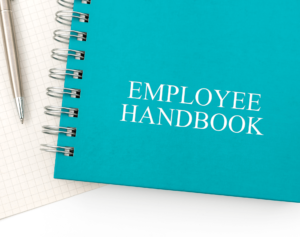Health Insurance
Coverage for Medical Expenses: Health insurance is one of the most important benefits, offering employees financial support for medical consultations, hospitalization, and specialist treatments. Many companies partner with networks that provide cashless access to healthcare providers, simplifying the process for employees.
Additional Wellness Programs: Employers are increasingly offering wellness programs, such as mental health support, gym memberships, and preventive health checks to promote a healthier lifestyle.
Personal Accident Insurance
This type of insurance provides compensation in the event of an accident that leads to injury, disability, or death. For employees who may work in physically demanding or risky environments, accident insurance offers peace of mind and financial security for themselves and their families.
Retirement Benefits
EPF (Employees Provident Fund): All employers in Malaysia are required to contribute to the EPF, a government-mandated retirement savings plan that helps employees build a financial cushion for retirement.
Optional Retirement Plans: Some employers offer additional retirement benefits or matching contributions to private retirement plans, showing a commitment to their employees’ long-term security.
Paid Leave
Annual Leave: Typically, employees are entitled to a minimum of eight days of annual leave per year, increasing with years of service.
Sick Leave and Hospitalization Leave: Paid sick leave is essential, allowing employees to recover without worrying about loss of income. Employers may also provide hospitalization leave for employees with extended medical needs.
Maternity and Paternity Leave: Malaysian law mandates paid maternity leave for female employees, while some employers go above and beyond by offering paternity leave and extended parental support.
Flexible Benefits Programs
Flexible benefits allow employees to customize their benefit options based on their personal needs. This could include choosing between various health, wellness, and lifestyle benefits or opting for additional paid time off. These programs are growing in popularity as companies strive to provide benefits that adapt to different life stages.
Education and Training Allowances
Investing in employee education helps companies develop a more skilled workforce. Many employers offer subsidies for professional courses, certifications, or even advanced degrees, boosting both employee engagement and job satisfaction.
Travel Allowances and Work-from-Home Support
For employees who commute or work remotely, travel allowances, transportation stipends, and equipment support for home offices have become standard benefits, especially since the rise of remote work.





